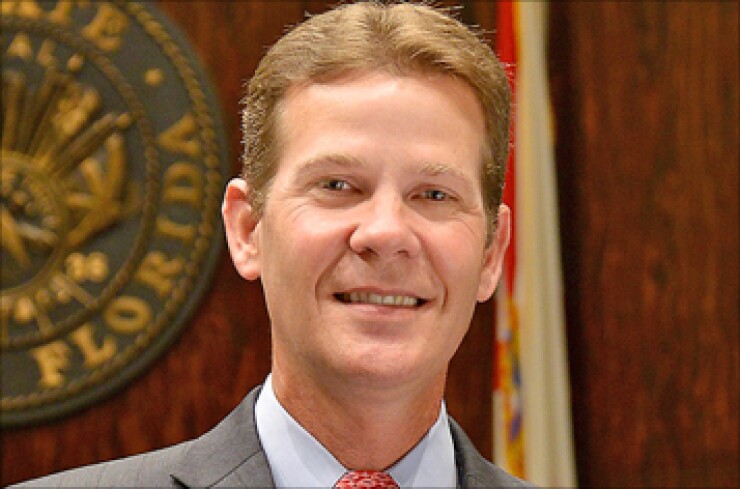
BRADENTON, Fla. - Florida expects to see a $635 million windfall in fiscal 2017 as state officials plan for new tax cuts amid rising health care costs.
The surplus, expected after paying for core services such as schools, Medicaid, and criminal justice, is derived mostly from $426.8 million in non-recurring revenue sources, according to the draft Long-Range Financial Outlook prepared by House and Senate budget committees and state economists.
The report, predicting rising annual revenues in fiscal years 2017 through 2019, will be presented to the Joint Legislative Budget Commission Tuesday.
"Over the three-year period included in the Outlook, recurring expenditures are projected to increase by approximately $3.5 billion or 73.7% of the total $4.8 billion spent over the Outlook period," the report said.
The state budget will remain in balance, though recurring expenditures begin to outpace available recurring revenues in fiscal 2019.
Recurring expenses include healthcare costs, the largest driver of state budget spending. Healthcare spending is expected to increase by $2 billion over the next three years. Higher education is predicted to increase by $690 million.
The state also faces higher costs for low-income individuals to access to hospitals and other medical services, as the federal government reduces its contribution to the low-income pool to $600 million from $1 billion in fiscal 2017.
"Like the rest of the nation, our state is facing higher health care costs," said Sen. President Andy Gardiner, R-Orlando, a hospital executive. "Considering these projections, we will need to be extremely mindful of the impact that our recurring spending decisions will have in future years."
After reviewing the Outlook report, Gardiner said in a memo to senators that new budget expenses could total $1.6 billion for the coming year, though he is open to considering a $250 million tax relief package.
Gov. Rick Scott has said that he wants legislators to consider a bigger tax reduction plan.
The outlook report includes an analysis of tax and fee reductions implemented by the Scott and the Legislature over the past few years, and the continuing impact those cuts have on general fund expenditures going forward.
The report also cites other "significant risks" that could impact the forecast such as state costs associated with hurricanes, liabilities for compensated absences, loss of federal support for the low-income pool program, additional funding requirement for persons with disabilities, and pending lawsuits against the state.
Forecasters involved in preparing the report estimate that recurring and non-recurring general fund revenues could total $29.75 billion in 2017, $30.91 billion in 2018, and $31.94 billion in 2019.
The estimates are based on an August revenue estimating conference, which showed an increase since the previous conference in March.
The three-year outlook report is designed to help lawmakers prepare the state budget.





